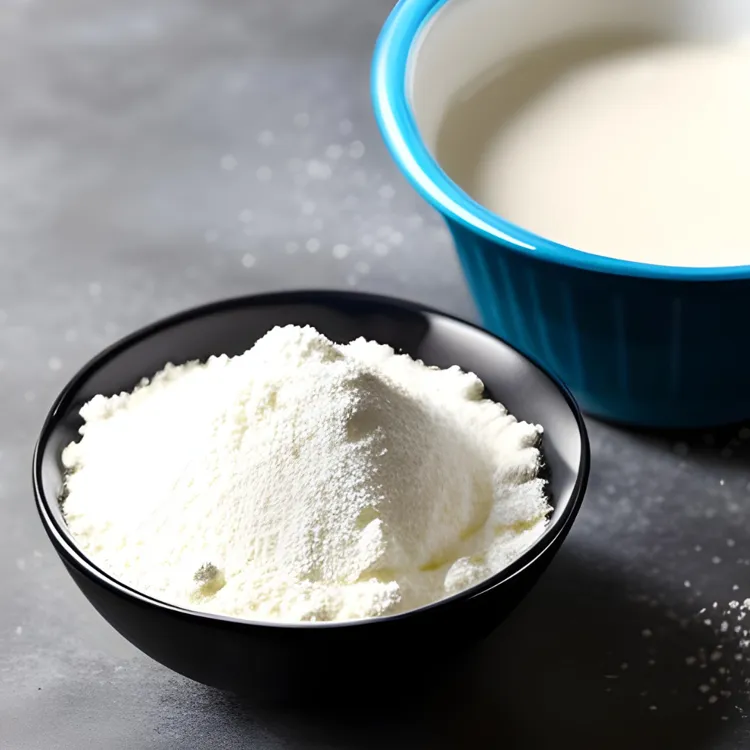Cream of tartar, also known as potassium bitartrate, is a white, powdery substance that is a byproduct of winemaking. It is formed during the fermentation process of grapes, and it can also be produced synthetically from potassium hydroxide and tartaric acid. Cream of tartar has a variety of uses in cooking, cleaning, and even health and beauty.
Chemically, cream of tartar is the potassium acid salt of tartaric acid. Its molecular formula is KC4H5O6, and its molecular weight is 188.18 g/mol. It has a slightly acidic taste, and it is soluble in water but insoluble in alcohol.
In cooking, cream of tartar is often used as a leavening agent in recipes that require egg whites to be whipped, such as meringues and angel food cake. It stabilizes the egg whites and helps them hold their shape, resulting in a lighter, fluffier end product. It can also be used as a substitute for baking powder when combined with baking soda.
Cream of tartar is also used as an ingredient in some candy recipes, as it prevents sugar crystals from forming and creating a grainy texture. Additionally, it is often added to boiled vegetables to help them retain their color and texture.
Beyond cooking, cream of tartar has other practical uses. It can be used to clean and polish metals such as brass and copper, as well as remove stains from fabrics and carpets. It can also be used as a natural remedy for a variety of health issues, such as heartburn, urinary tract infections, and even acne.
Overall, cream of tartar is a versatile substance with a wide range of applications. Its unique chemical properties make it an essential ingredient in many recipes, and its versatility means that it can be used for a variety of other purposes as well.
25kg takes 3-5 working days from ordering.
